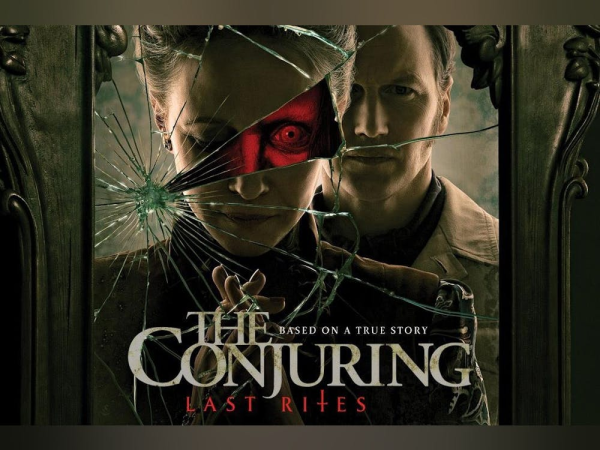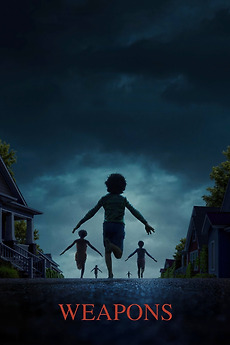The Success and Future of Marvel’s Favorite Superhero

The commercial release poster for Spider-Man: No Way Home. This version of the poster shows the titular webslinger, as well as four of the enemies he faced in the movie.
Spider-Man: No Way Home was an instant success and a great win for Marvel’s favorite superhero, according to a fan poll from Ranker.
Over the years, Spider-Man has had a great deal of success in the movie industry. Although No Way Home is the third of the Spider-Man films within the Marvel Cinematic Universe (MCU), there’ve been many before it. In 2002, Sam Raimi’s Spider-Man was released, starring Tobey Maguire. Ten years later, the new The Amazing Spider-Man, starring Andrew Garfield as the new Peter Parker had its first theater showings. And now, almost 20 years after the original Spider-Man, Marvel dropped Spider-Man: No Way Home, with Tom Holland. With a 98% audience score on Rotten Tomatoes, it’s no exaggeration to say it was a huge success. But what really made it such a good movie?
[warning: spoilers for Spider-Man: No Way Home and other Spider-Man media below]
Spider-Man: No Way Home isn’t perfect, like most superhero movies. There are a few plot holes that show us the writers are willing to do anything they can to introduce a character into a movie, even if it doesn’t make sense. An instance of this is Electro, played by Jamie Foxx. It was stated that only people who knew Spider-Man’s identity as Peter Parker could be transported into the main universe. However, Electro never knows Spider-Man’s identity, meaning Electro shouldn’t be in the movie.
However, these small flaws weren’t really important in the grand scheme of things. One of the main components of Spider-Man: No Way Home was the integration of the multiverse, with Doctor Strange accidentally breaking the lines between worlds by the request of Peter Parker. Due to this magical accident, everyone who knew that Peter Parker was Spider-Man was brought into the main universe. This included many of the villains from the past movies, such as the infamous Doc Ock, Green Goblin, Electro, the Lizard, and Sandman.
No Way Home’s treatment of these villains is part of what makes it so good, fixing most of the things wrong with the antagonists in the past. Some of the villains just weren’t interesting in the previous Spider-Man movies. In the Sam Raimi trilogy, the villains (Green Goblin and Doc Ock) tend to be the same: scientists who undergo some experiment that drives them insane and power-hungry. Although Spider-Man fans might like it, the creators used the same cookie cutter for both Doc Ock and Green Goblin. Additionally, they were both killed gruesomely (Green Goblin by being stabbed, Doc Ock by drowning/suicide), something a viewer might not expect from an otherwise relatively light-hearted movie.
In Spider-Man 3, we were given villains who differed from this chain, including the Sandman, who appeared in No Way Home. Although his character in Spider-Man 3 wasn’t terrible, he never ended up getting his happy ending. Luckily, in Spider-Man: No Way Home, he finally got his return to a non-sandy form and received closure.
Another thing that No Way Home did better than the older movies was the introduction of deaths that were significant to the story. The death of Uncle Ben in both the Maguire and Garfield films wasn’t very tragic or significant, since we didn’t see much of the character. Meanwhile, we had two-and-a-half movies with Aunt May before she was killed, letting us become more and more invested in her character and relationship with Peter. This kind of connection to the audience made her death much more heart-wrenching and powerful, characteristics Uncle Ben’s lacked. It’s through making deaths more significant and fixing the villains that No Way Home really excels as a movie.
Ned Leeds is a fun and cheery character whom everyone loves, but with some peculiar new details. The most interesting thing about Ned in the comics is that he is Spider-Man’s friend and becomes Hobgoblin. Around the middle of the movie, Ned says to Peter, “I will never betray you.” This could be a great way to introduce some dramatic irony in upcoming movies, with Ned going against his word and betraying Peter. We have seen how in every iteration of Spider-Man movies, Spider-Man’s best friends end up betraying him. An amazing thing about the MCU is how it develops and connects characters in previous movies into one big conclusion, a quality effectively expressed in Ned Leeds.
Overall, Spider-Man: No Way Home was an excellent movie. Aside from a few small plot holes here and there (as can be expected from any MCU movie), it was beautifully crafted and a joy to watch. Because it fixed aspects of the older movies and introduced so many new possibilities, it wove a new past, present, and future for the Marvel web-slinging superhero we all know and love: Spider-Man.

Connor Huard is a senior at Monte Vista and now in his fourth year at The Stampede and first as co-Editor-in-Chief...





